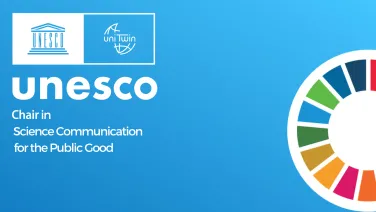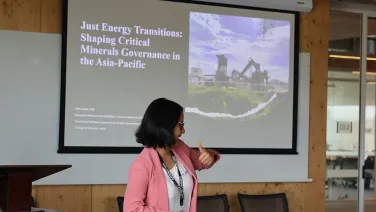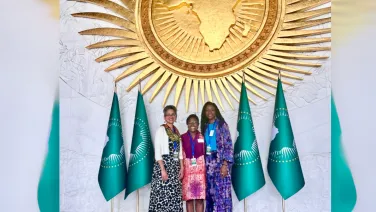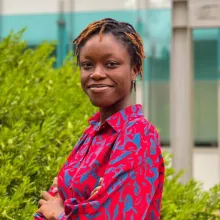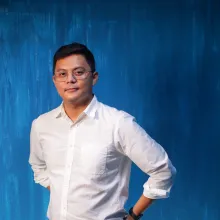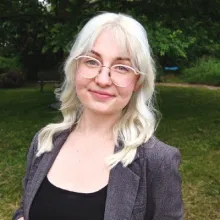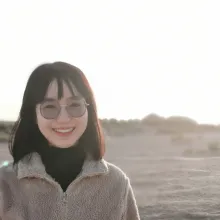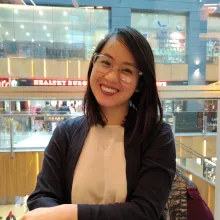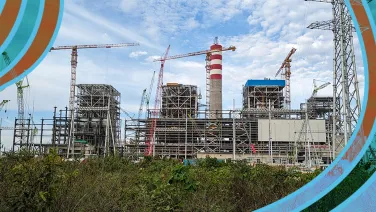
UNESCO Chair in Science Communication for the Public Good
This UNESCO Chair responds to the urgent need for meaningful dialogue on these imagined futures being communicated by science and the different visions of transformation they have sparked. Our program of research, training and knowledge exchange explores how knowledge (both formal and informal) about the state of the environment, social relations and techno-economic systems come together in these narratives.
About
This Chair aims to build capacity in different areas from research to policy to public engagement to grapple with these complexities of changing the way we produce and use knowledge in service of more sustainable and equitable futures. We aim to work with culturally embedded concepts of public or common good to convene conversations on these issues in the face of diverse forms of knowledge, experience and values.
Activities in 2024
As we start the new year, here is a quick breakdown of the activities of the UNESCO Chair and its team members throughout 2024. Also scroll through our LinkedIn to see more about these activities.
| 
Ambassador to Indonesia Siswo Pramono speaking at UNESCO Chair event "Just Energy Transitions"
|

Some members of UNESCO Chair Team at INGSA 2024
|
|
| 
A poster compiling discussions and insights from the Science and Public Good symposium, made in real time by Indigo Strudwicke
|

